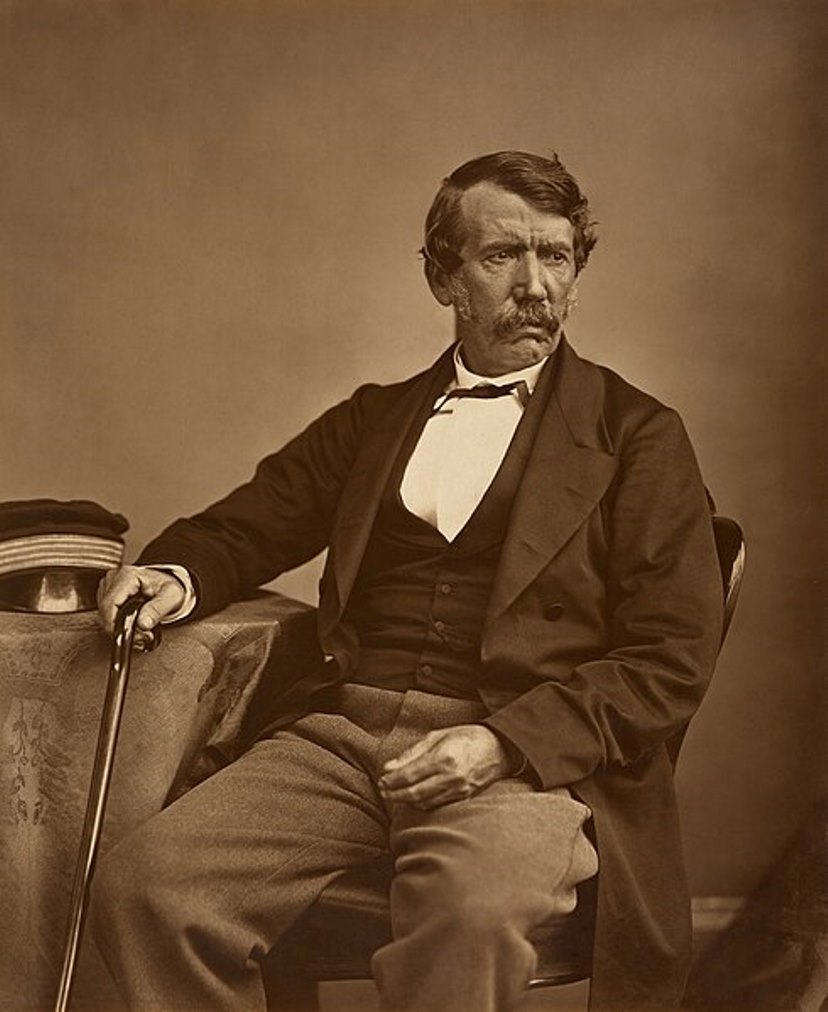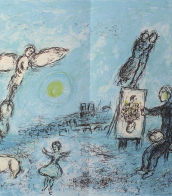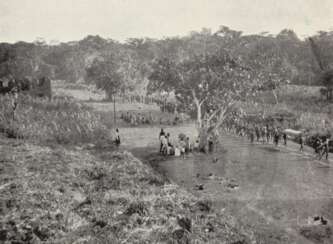David Livingstone (1813 - 1873) — Auction price

David Livingstone was a Scottish missionary, a dedicated explorer of Africa, a Fellow of the Royal Society of London, and a Correspondent of the Académie des Sciences de Paris.
He was brought up in a devout Scottish family, studied Greek, theology, and medicine in Glasgow, and earned his doctorate at Anderson University, where he studied medicine. In 1838 Livingstone was admitted to the London Missionary Society and arrived in Cape Town in March 1841, from where he began his missionary work and explorations, which ultimately had a formative influence on Western attitudes toward Africa. Livingstone spent the next thirty years traveling through the interior of southern and central Africa.
He quickly learned the languages of the local people and gained their respect. David Livingstone was the first European to cross the continent from west to east; he discovered the Zambezi River, Victoria Falls, and several major lakes in Central Africa. His publications about these explorations and the slave trade brought great fame. He established a reputation as a committed Christian, a courageous explorer, and an ardent fighter against slavery and the slave trade. His book Missionary Travels, published in London in 1857, was a great success with the public.
In 1865, the Royal Geographical Society commissioned Livingstone to find the source of the Nile River, and the brave scientist alone, not counting local helpers, made a huge journey. For several years there was no word from him, and the New York Times sent journalist Henry Stanley to find him. When they finally met on November 10, 1871, at Ujiji on the eastern shore of Lake Tanganyika, Stanley greeted him with the now famous words, "Dr. Livingstone, I presume?" Stanley brought the necessary medicines, and soon the seriously ill Livingstone regained his strength. Together they still explored the shores of the lake, but to all entreaties Stanley to leave Africa with him, the selfless scientist refused.
David Livingstone died on May 1, 1873, his heart was buried in Ulala, and his body was transported to Great Britain and buried with honors in Westminster Abbey.


David Livingstone was a Scottish missionary, a dedicated explorer of Africa, a Fellow of the Royal Society of London, and a Correspondent of the Académie des Sciences de Paris.
He was brought up in a devout Scottish family, studied Greek, theology, and medicine in Glasgow, and earned his doctorate at Anderson University, where he studied medicine. In 1838 Livingstone was admitted to the London Missionary Society and arrived in Cape Town in March 1841, from where he began his missionary work and explorations, which ultimately had a formative influence on Western attitudes toward Africa. Livingstone spent the next thirty years traveling through the interior of southern and central Africa.
He quickly learned the languages of the local people and gained their respect. David Livingstone was the first European to cross the continent from west to east; he discovered the Zambezi River, Victoria Falls, and several major lakes in Central Africa. His publications about these explorations and the slave trade brought great fame. He established a reputation as a committed Christian, a courageous explorer, and an ardent fighter against slavery and the slave trade. His book Missionary Travels, published in London in 1857, was a great success with the public.
In 1865, the Royal Geographical Society commissioned Livingstone to find the source of the Nile River, and the brave scientist alone, not counting local helpers, made a huge journey. For several years there was no word from him, and the New York Times sent journalist Henry Stanley to find him. When they finally met on November 10, 1871, at Ujiji on the eastern shore of Lake Tanganyika, Stanley greeted him with the now famous words, "Dr. Livingstone, I presume?" Stanley brought the necessary medicines, and soon the seriously ill Livingstone regained his strength. Together they still explored the shores of the lake, but to all entreaties Stanley to leave Africa with him, the selfless scientist refused.
David Livingstone died on May 1, 1873, his heart was buried in Ulala, and his body was transported to Great Britain and buried with honors in Westminster Abbey.




